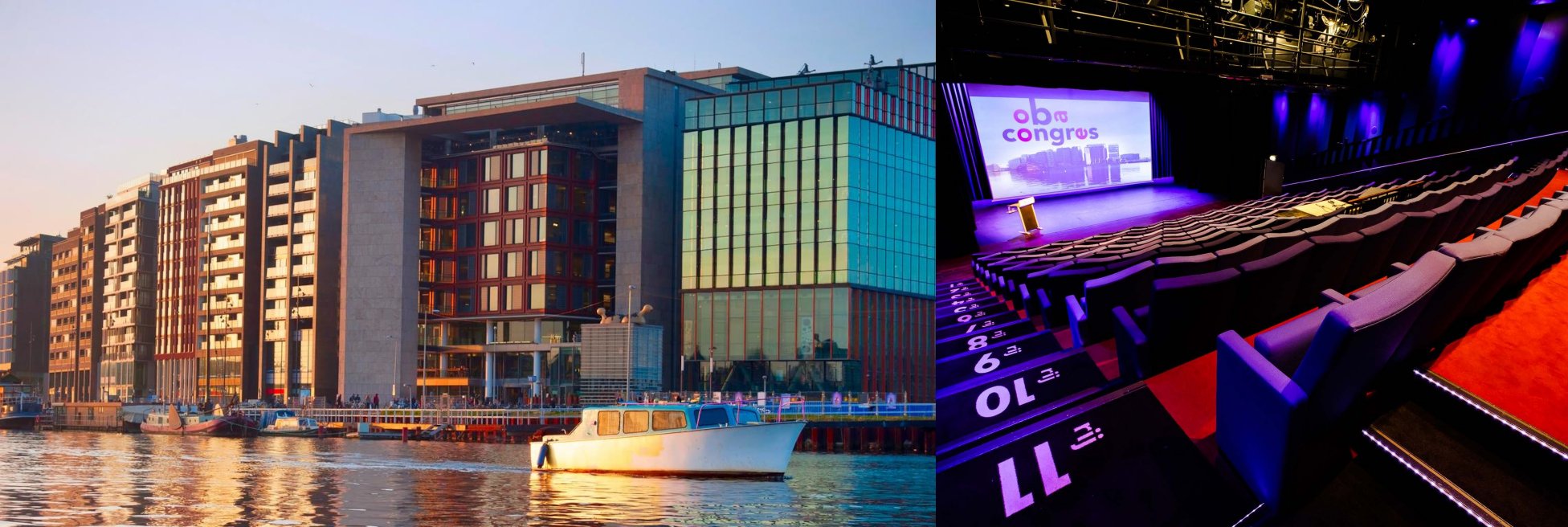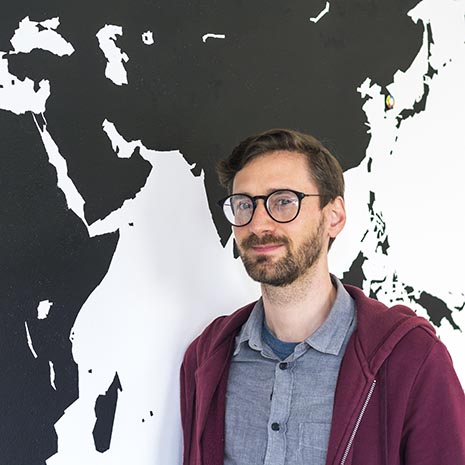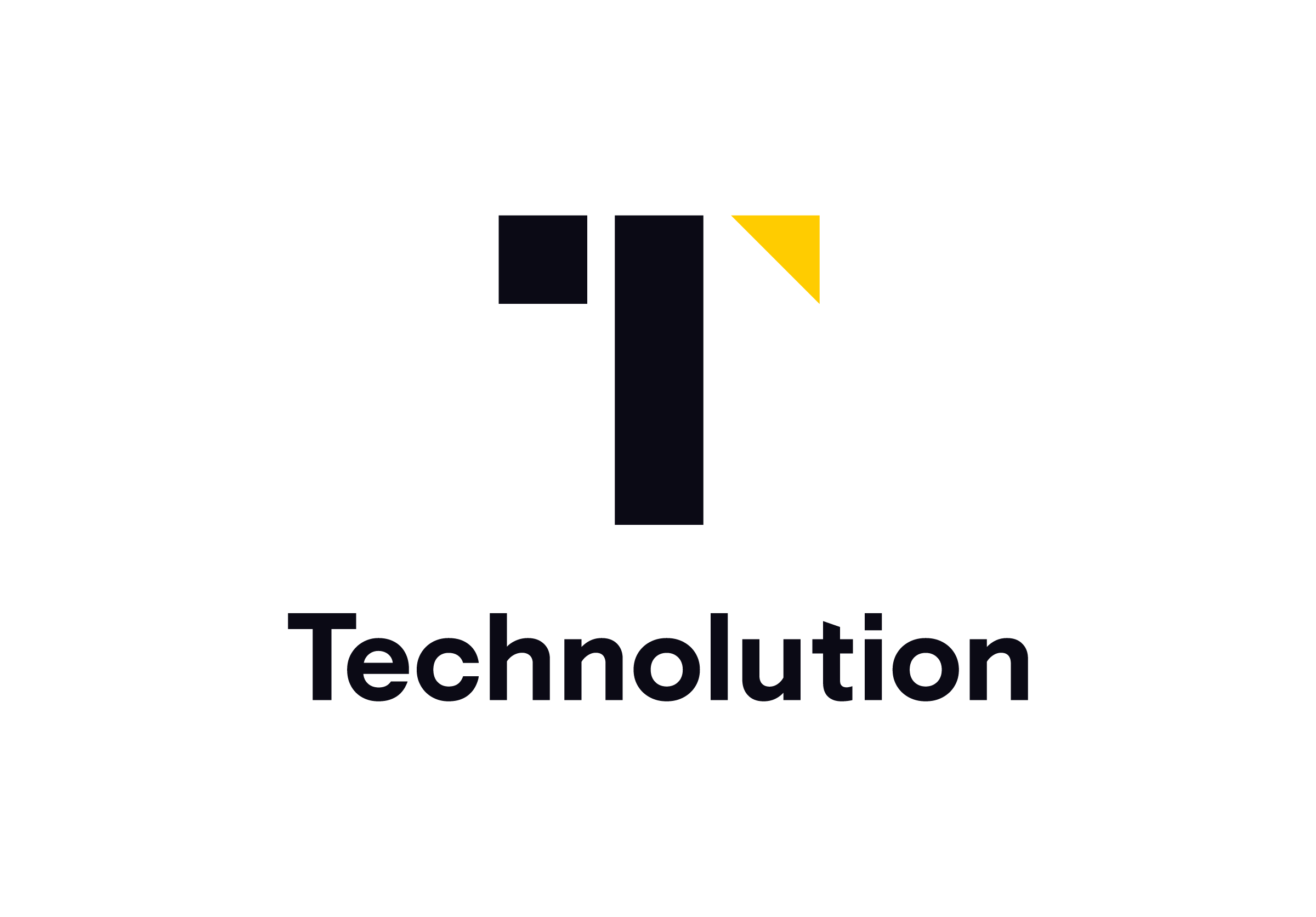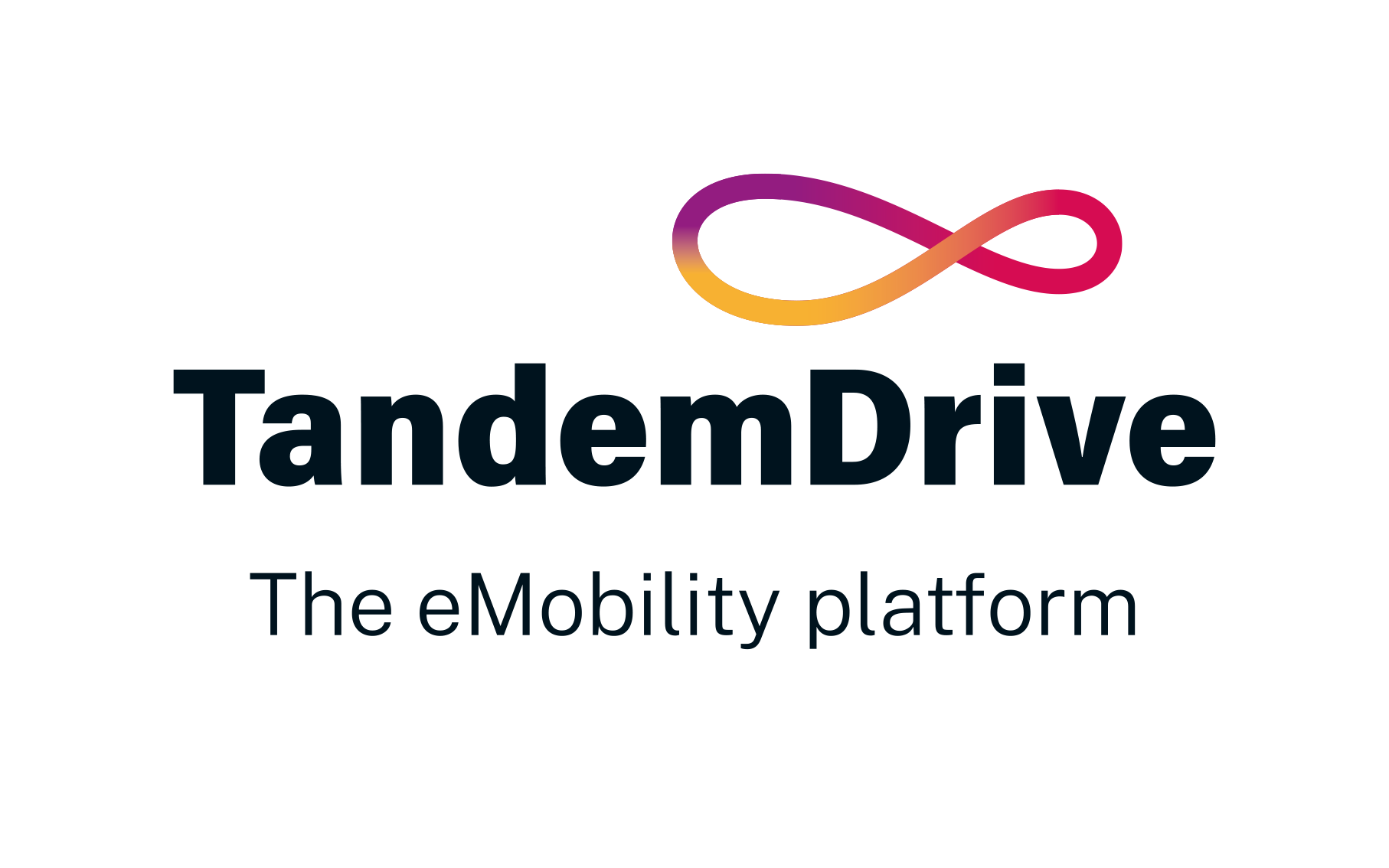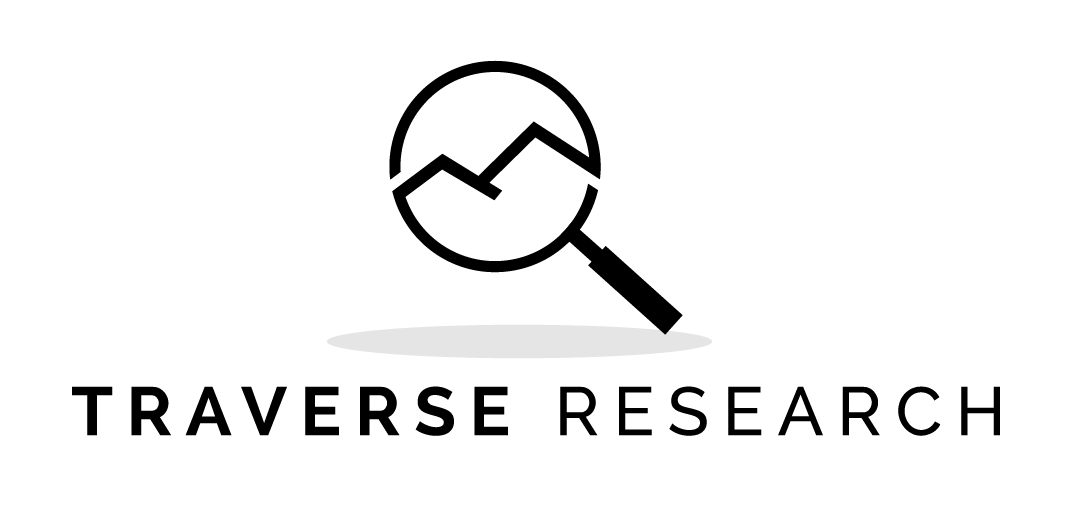Our speakers
Jonathan Kelley

Jonathan is a Systems Engineer at Cloudflare Zero Trust, and the creator and lead maintainer of the Rust frontend framework Dioxus. He loves to write Rust with an emphasis on performance and DX.
About Jonathan's talk:
Write once, run everywhere: building apps with
Dioxus
Building cross-platform apps has never been easy. Historically, it has been impossible to share code between web, desktop, mobile, and exotic new targets. In this talk, we'll cover how Dioxus is taking a new approach to solving cross-platform app development. From drawing text to the screen, to managing state, and implementing hot-reloading, this talk will highlight the technical details of Dioxus. We will dive deep into performance, modularity, and designing libraries your community will love.
Kushal Das

Kushal Das is a public interest technologist working at Sunet where he helps to build secure and privacy focused tools and services. He is Cpython core developer & a director at the Python Software Foundation. He is also part of the core team of the Tor Project, and a long time contributor to Fedora Project. In 2004 he founded Linux Users' Group of Durgapur. He also helps out journalists with digital security trainings. He regularly blogs at kushaldas.in. He/him.
About Kushal's talk:
Using Rust to write Python modules
In this talk I will explain how we can use the power of Rust to create modules in Python. These new generation modules enable us to have fast, secure python code, which then in turn enables us to have a better user experience. The talk will include examples of desktop applications and cryptography.
Daan van Berkel
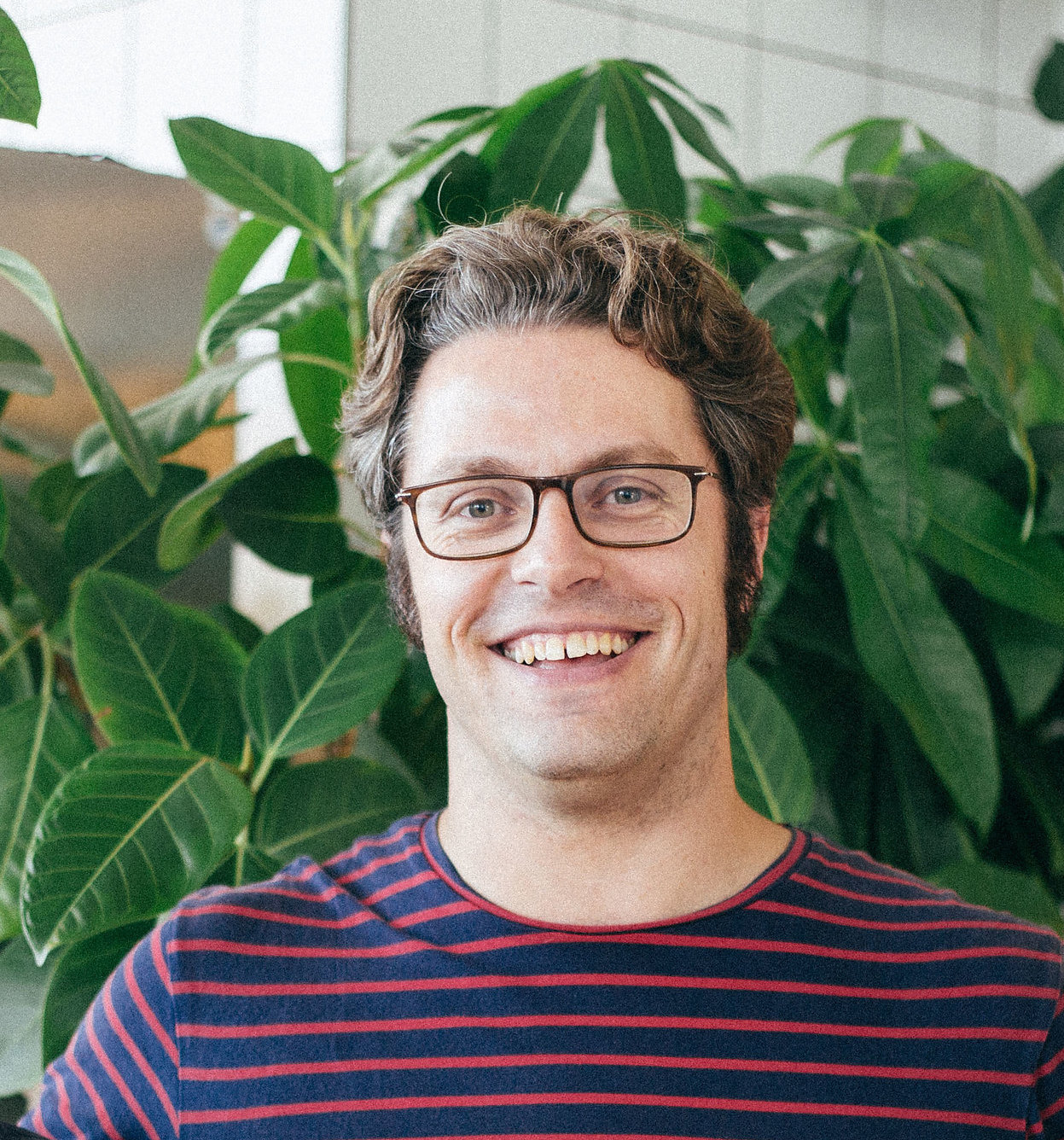
In Euclidean geometry, the fifth postulate is a distinctive axiom. For long times, mathematicians sought to prove the fifth postulate assuming the four that precede it... more on Daan at fifth-postulate.nl. pronoun.is/he/him?or=they
About Daan's talk:
Waiter, there are fish in my Rust
Square Limit is an intricate woodcut by Dutch artist MC Escher. It portrays interlocking fish that seem to multiple when they migrate to the edge. The exquisite detail of Square Limit is deconstructed in a wonderful article Functional Geometry by Peter Henderson. In this talk, we walk through the key ideas that allows one to recreate Eschers Square Limit and other works by his hand. We start with rudimentary primitives that compose very well and build abstractions that allow us to describe intricate pictures with succinctly. Guided by the art of Escher we carve out code that allows us to express complex thoughts.
Rik Arends
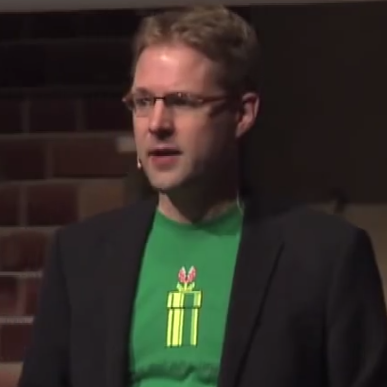
With 20+ years experience as a C/C++, JavaScript and more recently Rust developer, I've always been excited by using computation for visuals and audio. For this to work you need performance, and a smooth workflow enabled by the right tooling. After having everything I wanted with C except stable code I moved to Javascript and web technologies. However this never got to the point of being able to make fast applications that use modern CPU and GPU power. Now with Rust we have a new chance. I've been an entrepeneur my entire life building VJ software in the 00's, then web UI technology and web IDEs with Cloud9, and am now reimagining the developer workflow in Rust with makepad.
About Rik's talk:
Makepad: Designing modern UI's with Rust
We are building Makepad, an MIT licensed GPU shader accelerated UI kit for Rust, paired with our own IDE that includes a code editor and visual designtool. The goal is to let visual designers work together with programmers for the duration of product lifecycle, and make programming fun again. In this talk i will show some of the technology behind this project and some fun examples we have been building.
Folkert de Vries
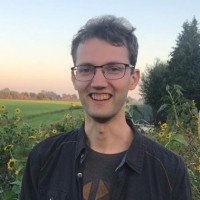
Folkert is a Rust engineer, doing both embedded and systems programming. He is one of the main contributors of Roc, a new purely functional programming language, written in Rust (and a bit of Zig). At Tweede golf, he currently works on the Network Time Protocol, a core internet protocol, and open-source university Rust course, Rust 101.
About Folkerts's talk:
ntpd-rs: NTP for the modern era
Time synchronization is a crucial but often overlooked component of the internet. In this talk you will learn how time synchronization works, and how our Rust implementation of the network time protocol keeps the internet in sync.
Nicholas Nethercote
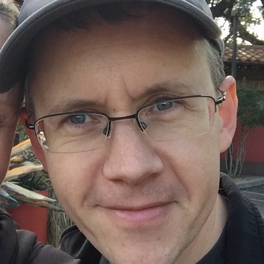
I am a software engineer in Melbourne, Australia. I have worked on many kinds of systems software, including web browsers, compilers, profilers, checkers, benchmarking suites, and networking infrastructure.
I work for Futurewei Technologies where I am a member of the Rust team. Before that, I worked for Apple and Mozilla.
Nick's talk:
The status of parallel rustc
Ruben Nijveld
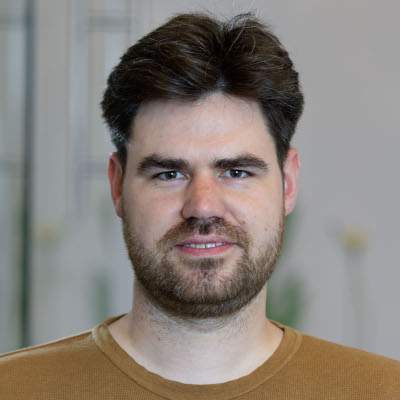
Ruben is an early user of Rust and a big factor in the adoption of Rust at Tweede golf. Now works on network timing projects, the initial version of Statime (Precision Time Protocol in Rust) and recently NTP in Rust, ntpd-rs. He also likes to teach Rust and contributed to the course material of Rust 101, an open-source Rust university course.
About Ruben's talk:
Rust, make me a sudo!
Ruben's talk is on an open-source project that was just announced by Prossimo: sudo & su in Rust, memorysafety.org/initiative/sudo-su.
More soon!
Ed Page

Ed is a maintainer of clap and cargo-release, as well as other tools and libraries, and is a member of the Cargo Team. After years as a C++ Windows driver developer, he has shifted his focus to improving developer experience, focusing on build tools and processes. After working on build and release pipelines for C++ drivers and then Python web services, he is employed by Futurewei Technologies for improving Rust.
About Ed's talk:
Testing My Patience: An Exploration of Testing in Rust
Rust's built-in testing support has been a great strength but what might we need as Rust's adoption continues? We'll survey different approaches taken to solving more complex testing needs to understand where we need to go in the future.

Martin Hoffmann
Martin Hoffmann has been developing in Rust ever since it became stable in 2015. At NLnet Labs, he is working on open source projects in the areas of Internet routing and DNS. In his spare time, he dabbles in map making and tries to remember all the trigonometry that goes with it.
About Martin's talk:
The Mystery of the Pin
Pins are an essential component of async Rust and yet most of us only have a vague idea of what they are or do. The talk will try to rectify this and look into what pins exactly are, how they work, and how to deal with them if encountered in the wild.
